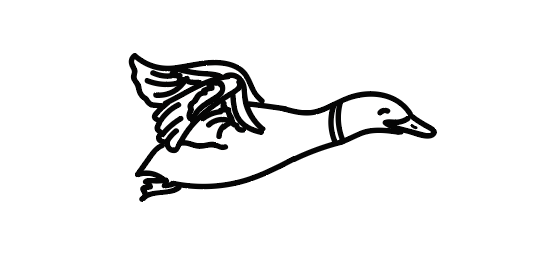Serial or Sport
Three reasons why students at Blue Valley should refrain from indulging in the frightening activity of hunting:

It’s borderline psychotic:
If we are going to question the morality of hunting, perhaps we should take a closer look at the morality of the hunters themselves.
I understand h
unting for food is crucial for survival. Hunting for sport, however, is creepy. Sport Hunting refers to intentionally killing wild animals for enjoyment, ful ll- ment or relaxation. What kind of person nds pleasure in taking another being’s life?
Well, serial killers do.
Think about it — both take time to plan their kill and stalk their prey. Furthermore, they both take victory in their kill and show virtually no remorse for it.
The comparison might seem drastic, but it is realistic.
Ted Bundy, Je rey Dahmer and Robert Hanson are all known serial killers who started their journey by hunting and killing animals.
I’m not saying every hunter is a serial killer, they just happen to share the same pastimes.
Modern hunting isn’t real hunting
The claim “hunting is natural” is false.
What is natural about night vision goggles, lightning-speed crossbows or soundproof rifles? What is natural about heated tents, blow-up mattresses or portable phone chargers?
You are not roughing it. You are not getting back to nature. You are not fooling anyone.
The claim “hunting is fair” is also false.
What is fair about hunting reservations where animals are trapped by fences?
What is fair about the hunter being armed with state-of-the-art artillery?
 You are already bound to win against a three-pound rabbit, an AR 15 just seals the deal in only 45 rounds a minute.
You are already bound to win against a three-pound rabbit, an AR 15 just seals the deal in only 45 rounds a minute.
Animals are not for profit:
When you look at an animal you should see a beautiful and essential creature, not a price tag or trophy.
According to People for The Ethical Treat- ment of Animals (PETA), the majority of hunt- ing takes place on private land, where laws that protect wildlife are di cult to enforce. These private lands are set up as for-pro t hunting re- serves or game ranches so hunters can pay to kill native and exotic species in “canned hunts.”
This “trophy hunting” has evolved into a
large business; according to
PETA there are 1,000 game
preserves in the U.S., with some
5,000 so-called “exotic ranchers” in North America.
Hunters can make thousands of dollars o a single kill.
People are making money o the murder of another living being.
This doesn’t sound like an act of survival — it sounds like very demented profession.

McKenna Cole is a senior and the Managing Editor for “The Tiger Print.” In her free time she enjoys hammocking, drag queens, guacamole, serving the...



